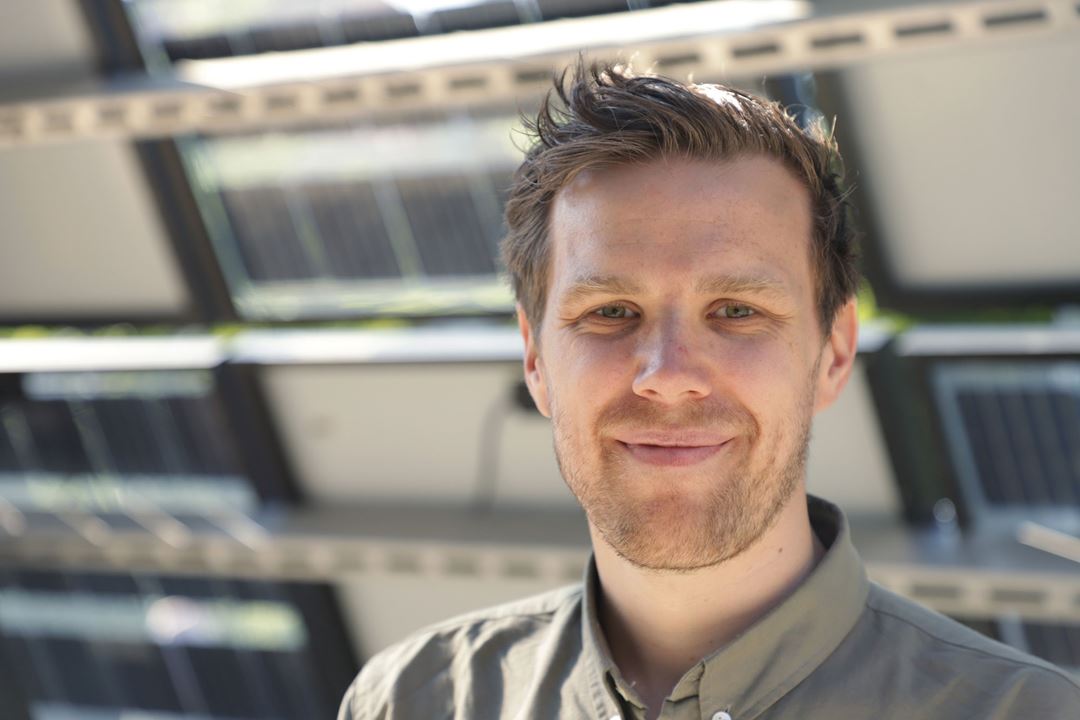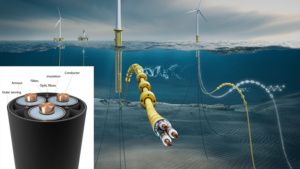A two-day technical meeting and seminar in the BIGCCS CO2-transport programme took place 27–28 May in Trondheim. The first day was dedicated to technical presentations, emphasizing the activity in the task on CO2 mixture properties (a.k.a. the CO2Mix project), which will conclude this year. On the second day, the industry participants could try CO2-transport software on their own computers.

The goal to design and operate CO2-transport (and CCS) systems safely and efficiently requires quantification. In this respect, the BIGCCS CO2-transport programme has two main contributions:
- A unique coupled fluid-structure model has been developed for fracture-propagation control in CO2-transport pipelines. With some further validation and development, it may reduce the need to perform full-scale tests to design CO2-transport pipelines safe against running-ductile fracture – where today’s engineering methods fail.
- Unique and accurate thermodynamic data are being generated. They will be employed to improve thermodynamic property models, which, as of today, are not always accurate for CCS applications. In particular, the vapour-liquid equilibrium cell developed in CO2Mix, may be the world’s most accurate.


The details of the seminar are available to consortium members in the e-room. Further, researchers from the BIGCCS CO2-transport programme will give four presentations on the topic at the eigth Trondheim CCS Conference, TCCS-8.


















Comments
No comments yet. Be the first to comment!